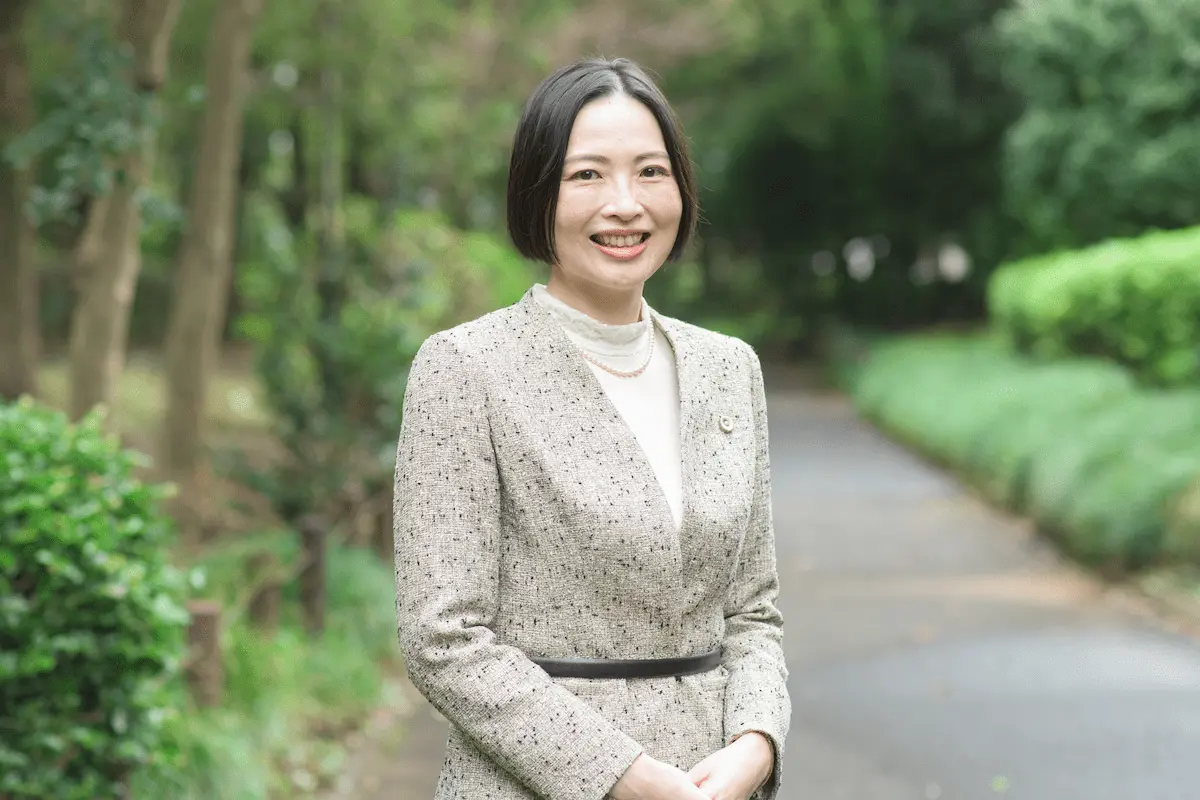She was admitted to the bar in 2008, and from 2009 to 2018, she was affiliated with the Graduate School of Kyushu University, where she engaged in research on criminal procedure law. from 2018, she has been teaching at Tokyo Keizai University as a full-time faculty member of criminal procedure law. In particular, she has focused on the criminal field. In the Kitakyushu Nail Care case, she was mainly in charge of examining how to determine the legitimate business conduct of nurses and won a reversal of acquittal on appeal with the defense team; from 2015 to 2017, she was the Chair of the Criminal Defense Committee of the Fukuoka Prefecture Bar Association; from 2017 to 2018, she was the Vice Chair of the Information Issues Task Force of the Fukuoka Prefecture Bar Association. She has been a board member of the Society for Clinical Legal Education since 2016 and has served as its secretary-general since 2020, and has a strong interest in legal education.
Kie Takahira
Counsel, Member of Daini Tokyo Bar Association


Education and Professional Background
2000 : Graduated from Kyoto University, Faculty of Law
2007 : Graduated from Kyushu University Law School
2008 : Registered as attorney at law
Assistant Professor, Kyushu University Faculty of Law
Joined Kyushu Legal Clinic, LPC
2018 : Associate Professor, Tokyo Keizai University, Faculty of Contemporary Law
Joined Waseda Legal Commons, LPC as a counsel
2007 : Graduated from Kyushu University Law School
2008 : Registered as attorney at law
Assistant Professor, Kyushu University Faculty of Law
Joined Kyushu Legal Clinic, LPC
2018 : Associate Professor, Tokyo Keizai University, Faculty of Contemporary Law
Joined Waseda Legal Commons, LPC as a counsel
Practice Areas
Criminal cases including lay judge trials and juvenile cases, general civil cases, domestic affairs, and medical malpractice cases.
Membership and Official Positions
Board Member, Japan Clinical Legal Education Association (from 2015)
Member, Criminal Law Society of Japan
Member, Japanese Association of Sociological Criminology
Chairman of the Executive Committee of the Center for Criminal Defense, Fukuoka Bar Association (2015 to 2017)
Secretary General of the Center for Criminal Defense, Japan Federation of Bar Association
Member, Criminal Law Society of Japan
Member, Japanese Association of Sociological Criminology
Chairman of the Executive Committee of the Center for Criminal Defense, Fukuoka Bar Association (2015 to 2017)
Secretary General of the Center for Criminal Defense, Japan Federation of Bar Association
Publications
“Procedural Violations and Reasons for Retrial,” Criminal Defense Quarterly No. 91 (2017), pp. 59-65.
“Chapter 1, Section 1: Enhanced Assistance by Defense Counsel,” in H. Kawasaki et al. (eds.), Analysis of the Text of the 2016 Revised Code of Criminal Procedure and Interception of Communications Law (Nippon Hyoronsha, 2017), pp. 11-25.
“Motion Monitoring and Defense by GPS Devices,” Criminal Defense Quarterly, No. 89 (2017), pp. 96-102.
The Role of Reasonable Suspicion in Criminal Defense,” in H. Kawasaki et al.
The Role of Reasonable Doubt,” in E. Kawasaki et al. (eds.), Theory of Criminal Procedure (Nippon Hyoronsha, 2015), pp. 218-232.
The Role of Reasonable Suspicion in Criminal Procedure,” in H. Kawasaki et al.
Issues Concerning Malicious Character Evidence from the Perspective of British Law,” Journal of Law and Politics, Vol. 81, No. 4 (2015), pp. 373-451.
Expansion of the Court Appointed Defense System for Suspects,” in H. Kawasaki et al. (eds.), What is Criminal Justice Reform (Nippon Hyoronsha, 2014), pp. 192-205.
“Explanation on Malicious Character Evidence in the UK Criminal Justice Act 2003,” Journal of Law and Politics, vol. 81, no. 3 (2014), pp. 195-241.
‘The Admissibility of Adverse Character Evidence in the UK Criminal Justice Act 2003,’ Journal of Law and Politics, vol. 79, no. 3 (2012), pp. 341-376.
A Preliminary Study on the Admissibility of Adverse Character Evidence in the United Kingdom,” Journal of Law and Politics 78, no. 3 (2011), pp. 267-299.
Criminal Case Study: A Case in which the Justifiable Business Conduct of a Nurse’s Nail Clipping Was Disputed,” Hosei Kenkyu, Vol. 78, No. 2 (2011), pp. 69-84.
“Chapter 1, Section 1: Enhanced Assistance by Defense Counsel,” in H. Kawasaki et al. (eds.), Analysis of the Text of the 2016 Revised Code of Criminal Procedure and Interception of Communications Law (Nippon Hyoronsha, 2017), pp. 11-25.
“Motion Monitoring and Defense by GPS Devices,” Criminal Defense Quarterly, No. 89 (2017), pp. 96-102.
The Role of Reasonable Suspicion in Criminal Defense,” in H. Kawasaki et al.
The Role of Reasonable Doubt,” in E. Kawasaki et al. (eds.), Theory of Criminal Procedure (Nippon Hyoronsha, 2015), pp. 218-232.
The Role of Reasonable Suspicion in Criminal Procedure,” in H. Kawasaki et al.
Issues Concerning Malicious Character Evidence from the Perspective of British Law,” Journal of Law and Politics, Vol. 81, No. 4 (2015), pp. 373-451.
Expansion of the Court Appointed Defense System for Suspects,” in H. Kawasaki et al. (eds.), What is Criminal Justice Reform (Nippon Hyoronsha, 2014), pp. 192-205.
“Explanation on Malicious Character Evidence in the UK Criminal Justice Act 2003,” Journal of Law and Politics, vol. 81, no. 3 (2014), pp. 195-241.
‘The Admissibility of Adverse Character Evidence in the UK Criminal Justice Act 2003,’ Journal of Law and Politics, vol. 79, no. 3 (2012), pp. 341-376.
A Preliminary Study on the Admissibility of Adverse Character Evidence in the United Kingdom,” Journal of Law and Politics 78, no. 3 (2011), pp. 267-299.
Criminal Case Study: A Case in which the Justifiable Business Conduct of a Nurse’s Nail Clipping Was Disputed,” Hosei Kenkyu, Vol. 78, No. 2 (2011), pp. 69-84.
Message
Since my admission to the bar, I have been involved in both practice and research. I am committed to providing you with higher quality legal assistance.
Languages
Japanese